The views expressed in our content reflect individual perspectives and do not represent the authoritative views of the Baha'i Faith.
In responding to questions from a reader we have ventured into the realm of speculation in this series of essays, exploring the potential of a Baha’i-inspired future and its relationship to global governance and world unity. Let’s review our progress postulating this prospective state of society.
To summarize, we’ve unearthed these principles and ideals: the Baha’i Faith has no goal of worldwide hegemony. Baha’is do not participate in partisan politics or seek political power. The Baha’i administrative order – a democratically-elected, globally-organized set of consultative bodies at the local, regional, national and international level – cannot, according to Baha’i law, be allowed to supersede national governments. Baha’u’llah’s blueprint for a global Parliament of Man asks the “kings and rulers” and “sovereigns” of the world to come together to establish peace, conceptualizing the path to world unity as the sole function of civil governments.
In fact, according to the international administrative body of the Baha’is, the Universal House of Justice, in their 1995 letter titled “Separation of Church and State:”
…the Baha’is are following a completely different path from that usually followed by those who wish to reform society. They eschew political methods towards the achievement of their aims, and concentrate on revitalizing the hearts, minds and behavior of people and on presenting a working model as evidence of the reality and practicality of the way of life they propound. – The Universal House of Justice, 27 April 1995.
With all of those facts in mind, we’ve also learned what could conceivably happen if the Baha’i administrative order and future national or world governmental organizations eventually merged. This could only occur with the complete consent of the governed, and in a very different world than the one we have today. Which takes us back to the concern behind the original questions that gave rise to these essays – what might happen to those who are not Baha’is in a future Baha’i-influenced society?
Could such a society potentially turn into a theocracy, as Iran did during the Islamic revolution there, where the minorities, like the Baha’is, who did not accept the dominant religion or its principles and laws lost their civil rights and freedoms?
Or would a majority-Baha’i society treat its minorities differently, according them the full, free and fair treatment all citizens typically receive in a modern egalitarian democracy?
The Guardian of the Baha’i Faith, Shoghi Effendi, spoke directly to this question, when he advised the Baha’is to guard against impinging upon:
…the legitimate civil rights of individuals in a free society, be it to the most insignificant degree. Were the [Baha’is] to follow other than this course, it would be tantamount to a reversion on their part, in this century of radiance and light, to the ways and standards of a former age: they would reignite in men’s breasts the fire of bigotry and blind fanaticism, cut themselves off from the glorious bestowals of this promised Day of God, and impede the full flow of divine assistance in this wondrous age. – Letter to the Baha’is of Iran, July, 1925.
Shoghi Effendi also wrote, in his book The Advent of Divine Justice, that protecting the rights of minorities is every Baha’i community’s primary responsibility:
Unlike the nations and peoples of the earth, be they of the East or of the West, democratic or authoritarian, communist or capitalist, whether belonging to the Old World or the New, who either ignore, trample upon, or extirpate, the racial, religious, or political minorities within the sphere of their jurisdiction, every organized community enlisted under the banner of Baha’u’llah should feel it to be its first and inescapable obligation to nurture, encourage, and safeguard every minority belonging to any faith, race, class, or nation within it. – p. 35.
The Baha’i Faith has become the world’s fastest-growing religion for the past hundred years; and has also become the second-most widespread faith in the world since its inception; yet no one can see far enough into the future to envision how it might one day develop. However, we do know that the Baha’i teachings have serious and significant internal controls, values and principles that prevent it from becoming a one-religion theocracy. Instead, the Baha’i teachings advocate the establishment, by the world’s secular governments, of a free, open and pluralist global democracy:
Unification of the whole of mankind is the hall-mark of the stage which human society is now approaching. Unity of family, of tribe, of city-state, and nation have been successively attempted and fully established…. Nation-building has come to an end. The anarchy inherent in state sovereignty is moving towards a climax. A world, growing to maturity, must abandon this fetish, recognize the oneness and wholeness of human relationships, and establish once for all the machinery that can best incarnate this fundamental principle of its life…. The unity of the human race, as envisaged by Baha’u’llah, implies the establishment of a world commonwealth in which all nations, races, creeds and classes are closely and permanently united, and in which the autonomy of its state members and the personal freedom and initiative of the individuals that compose them are definitely and completely safeguarded. – Shoghi Effendi, The World Order of Baha’u’llah, pp. 202-203.


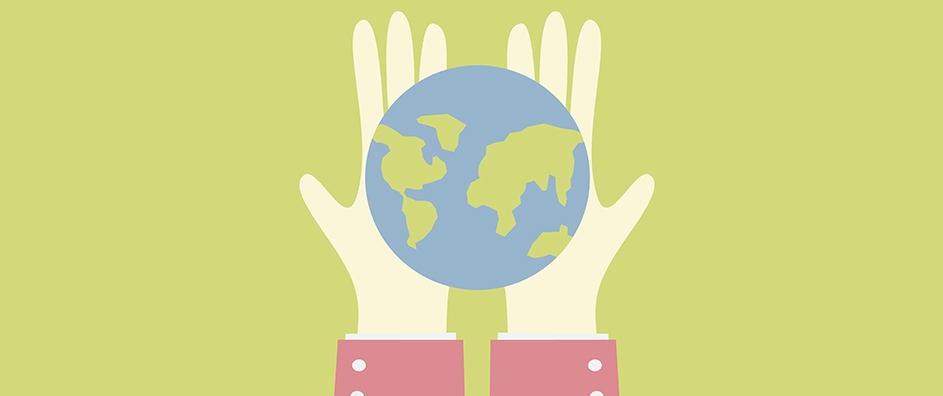
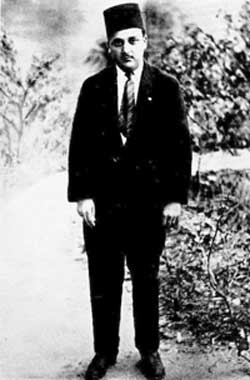

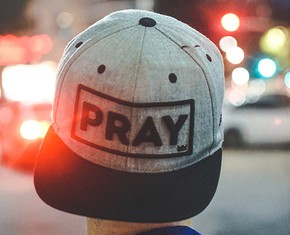
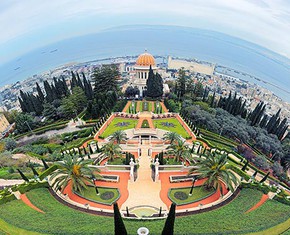
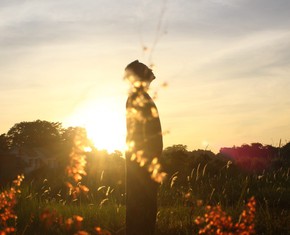









Comments
Sign in or create an account
Continue with Googleor